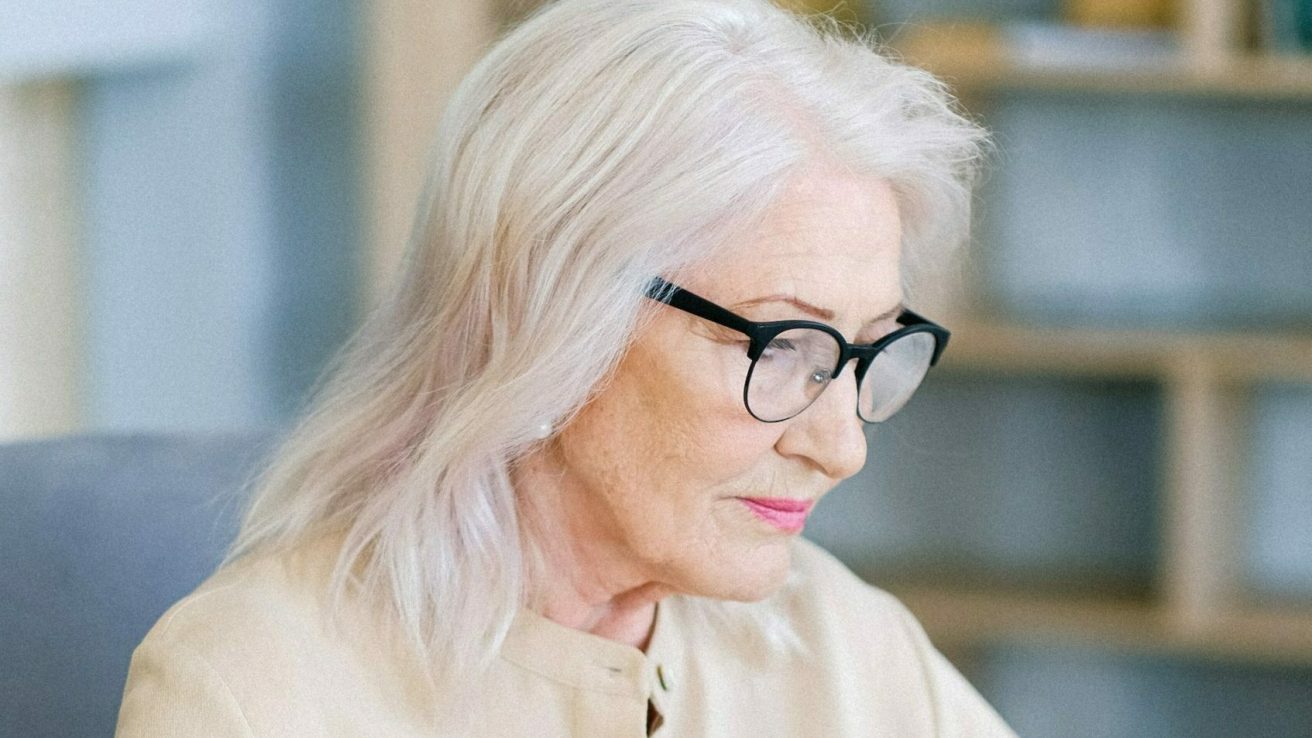A high proportion of European women experience moderate-to-severe menopausal vasomotor symptoms that influence quality of life.
The cardinal vasomotor symptoms (VMS) of menopause are hot flashes (HF) and sweats. Up to 80% of women experience VMS during the menopausal transition, with most rating them as moderate to severe. VMS are associated with poor sleep, low mood, fatigue, forgetfulness, and decreased work productivity, and substantially impact quality of life (QOL).
Existing research demonstrates geographical and racial/ethnic differences in VMS severity and duration. A study published in the journal Maturitas surveyed the prevalence and QOL burden of moderate-to-severe menopausal VMS in a European cohort.
Study Population
A total of 2035 postmenopausal women aged 40 to 65 years experiencing moderate-to-severe VMS were included in the study (France, 406; Italy, 413; Germany, 405; Spain, 406; United Kingdom, 405).
Prevalence of Moderate-to-Severe VMS
The estimated prevalence of moderate-to-severe VMS was relatively high in Europe, as a whole, (40%) compared to the USA (34%). Among the five European countries studied, rates of moderate-to-severe VMS were 52% in Italy, 41% in Spain, 40% in the UK, 36% in Germany, and 31% in France. In Italy, severe VMS was predominant (74%) in the past 12 months. In the other four countries, the majority had experienced moderate VMS (78 to 87%).
Perception of Bother With VMS
According to the Menopause-Specific Quality of Life (MENQOL) questionnaire, “feeling tired or worn out” was the most common symptom experienced in the past week in most countries. Other common symptoms were HF, sweating, night sweats, and difficulty sleeping. Weight gain was overall the most bothersome symptom.
Impact on Work Productivity and Daily Activities
The impact of VMS on work productivity and daily activities was low. According to the Work Productivity and Activity Impairment questionnaire, HF/night sweats had a greater impact on daily activities than work.
Seeking Healthcare Advice and Hormone Therapy Usage in European Countries
The proportion of women who sought advice from a healthcare professional in the previous 12 months was 27% (UK), 56% (Germany), 57% (France), 58% (Spain), and 64% (Italy). Significantly more women in the UK were currently using (10%) or had been prescribed (16%) hormone therapy (HT) compared to the European population. Furthermore, 78 to 87% of participants had never received HT. Most were in the HT-caution group (women with underlying medical conditions) or the HT-averse group (unwilling to take HT), despite being HT-eligible.
Top Medical Conditions in the HT-Caution Group
The top four medical conditions in the HT-caution group were migraine, hypercholesterolemia/hypertriglyceridemia, uterine myoma, and diabetes.
Usage of Over-the-Counter Products Without Prescription
A significant proportion of women, ranging from 37% to 52%, particularly in Italy and Spain, opted for over-the-counter products without a prescription. Most women (75%) had implemented lifestyle changes to cope with VMS, with over half in each country reporting some improvement.
Out-of-Pocket Costs
Doctor consultations/visits accounted for the highest out-of-pocket monthly costs of treating VMS, with ≥65% of women reported needing to monitor prices when purchasing.
Source:
Nappi, R. E., Siddiqui, E., Todorova, L., Rea, C., Gemmen, E., & Schultz, N. M. (2022). Prevalence and quality-of-life burden of vasomotor symptoms associated with menopause: A European cross-sectional survey. Maturitas, 167, 66–74. https://doi.org/10.1016/j.maturitas.2022.09.006










